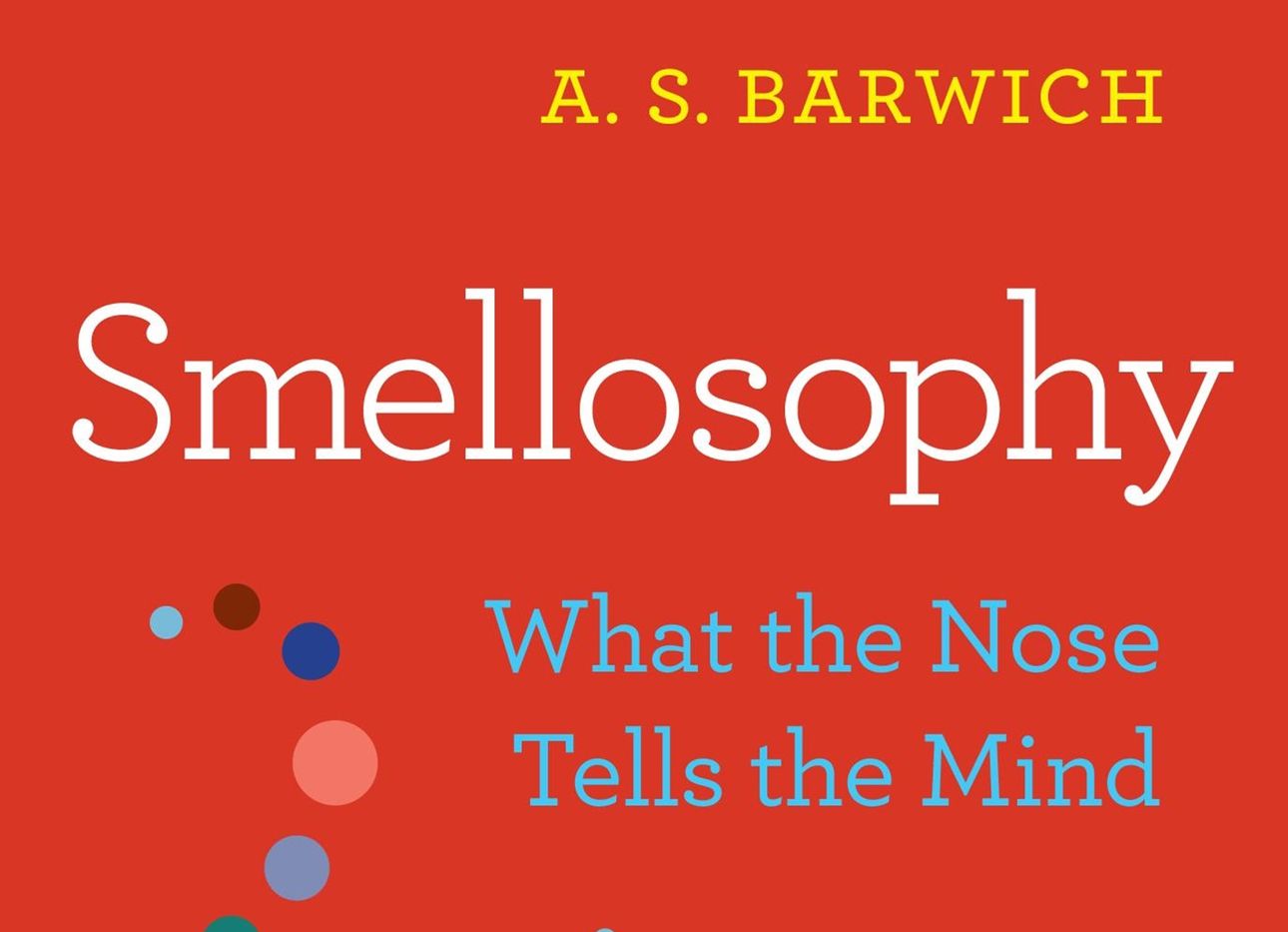
Historian Ann-Sophie Barwich on Why Smell Remains the Most Mysterious Sense
What does our sense of smell have to do with philosophy? In her new book, Smellosophy: What the Nose Tells the Mind (Harvard University Press), cognitive scientist and sense historian Ann-Sophie Barwich delves into the perceptual dimensions of smell. Here, she tells us why scent as yet remains the most mysterious and variable of senses.
Why is it that smell remains so much more mysterious than our other four senses, and in what ways does it remain misunderstood?
Scent is a wildly fascinating topic because it challenges so many of the traditional notions about perception, the mind, the brain, objectivity and subjectivity. We’re very visual creatures—there’s no way around that—and we tend to think of our senses with vision in mind. Vision relates to objects: We can track things, and they’re constantly at the forefront of our consciousness. Smell, by contrast, comes and goes. It’s fleeting and transient, and that ephemerality makes it very hard to keep track of. It challenges these notions of objects of stability, and of a certain perspective variance.
The other reason is that, experimentally, it’s also harder to study. How do you capture smell; how do you standardize it? If you look at psychological research around scent, one problem is that the stimulus is very hard to administer. Even the slightest contamination or impurities in a mixture can change its smell, which makes replication especially challenging. Only in recent years has scientific technology advanced to the point that we can now capture the molecular basis to a much finer, much better degree and discover what smell is really about on a neural level, and that opens up interesting new questions.
Smell has also historically been sidelined by scientists and philosophers for years, as you explain in your book.
One not-so-nice reason is that smell was long seen as the sense of women of primitive cultures. There was a lot of sexism and racism involved, and that featured into this notion that it was not a “rational” sense throughout the Enlightenment, which, as its name suggests, was very vision-centric, very much focused on strong cognitive notions—and smell didn’t seem to fit into that picture. It was deemed too sensitive and not really cognitive at all, which is actually a complete misunderstanding. Smell is a highly cognitive process, in actuality, and involves a lot of cross-modal interactions and verbal language. You have to analytically decompose it to understand it. This is why perfumers are winemakers, actually—it takes decades of training.
Then, of course, we all seem to experience smells differently. There’s a high variation between different people experiencing the same smell and having different responses to it. But even you yourself can have a smell experience one time, and then another time, that same stimulus can appear to be different. So this high variation has been considered a reason to distrust our sense of smell. Only in recent years has this variability been actually linked to biological processes, such as genetic diversity, for instance. My favorite example of this is cilantro: to some, it’s pungent and soapy, and it’s been discovered that there’s a genetic mutation near one of the olfactory receptor genes that accounts for some people to experience it that way. It’s not subjectivity or individual whim—it’s actually down to biology.
Aside from such variances, how does the brain process scent differently?
The olfactory system is one of the most genetically diverse systems. We have about four hundred olfactory receptor genes, compared to vision, where we’ve typically got three color receptors and then rods of light-contrast detection. So we’ve got one of the most genetically diverse receptor gene families in the mammalian genome, but specifically the human genome, and that’s greater than our immune system. That’s astounding, but also makes sense, given how many different chemicals you’re constantly experiencing at any given moment.
Would you then consider our scent receptors to be a map of sorts?
People often like to speak of our receptors as maps, but I see it as much more flexible than that, as maps suggest a fixed reference point. Instead, I like to speak of it as a set of measurements, or instruments, that are constantly evaluating contexts, more like a flexible database of reference. Everywhere you go, you’re constantly surrounded by chemicals. You might not be aware of them, because you habituate to everything that’s constantly present, but your nose is attuned to detecting every kind of bit and piece that’s in the air—and sometimes it’s being catapulted into your consciousness if it’s highly concentrated enough, if it’s relevant enough for your body to respond. This is what lends to our genetic diversity: Humans move about habitats a lot. Our sense of smell is our wide-grade repertoire for adapting to different environments.